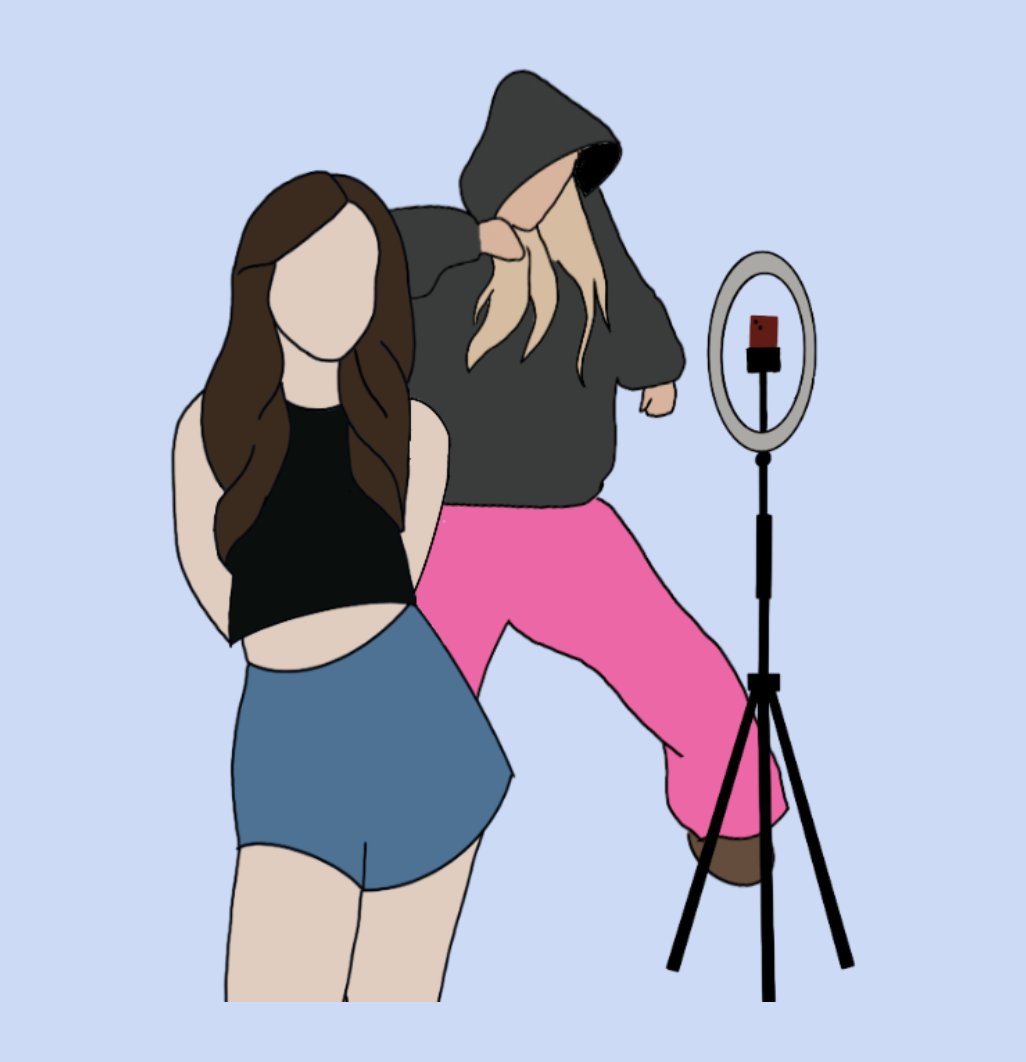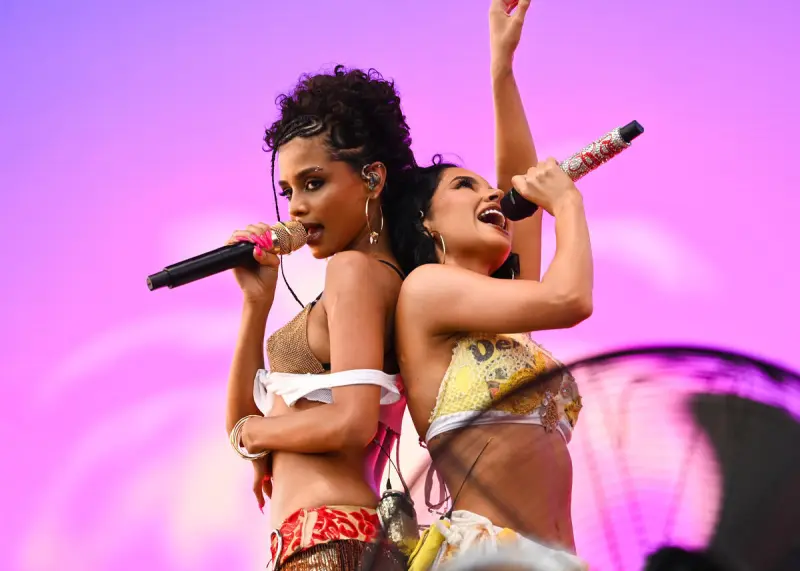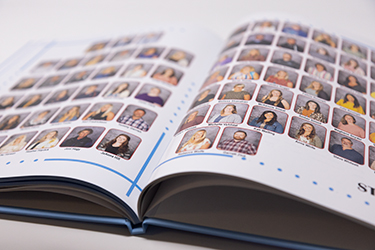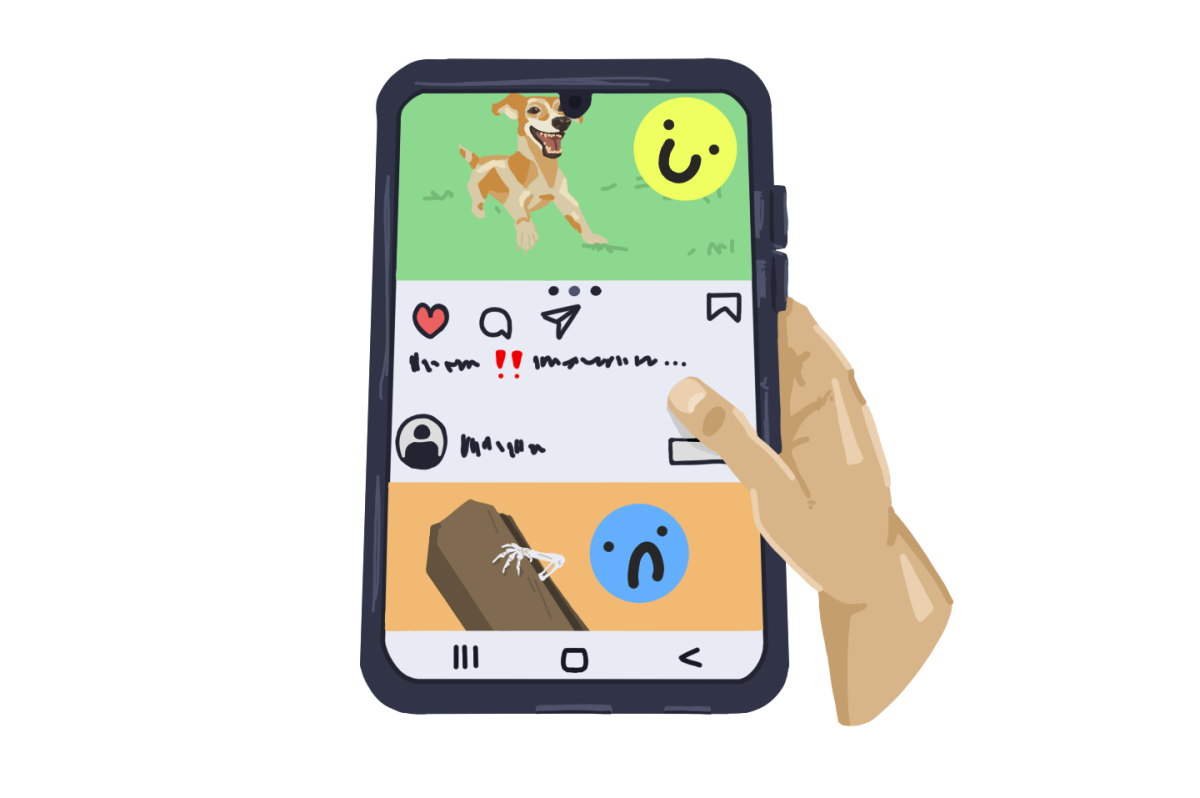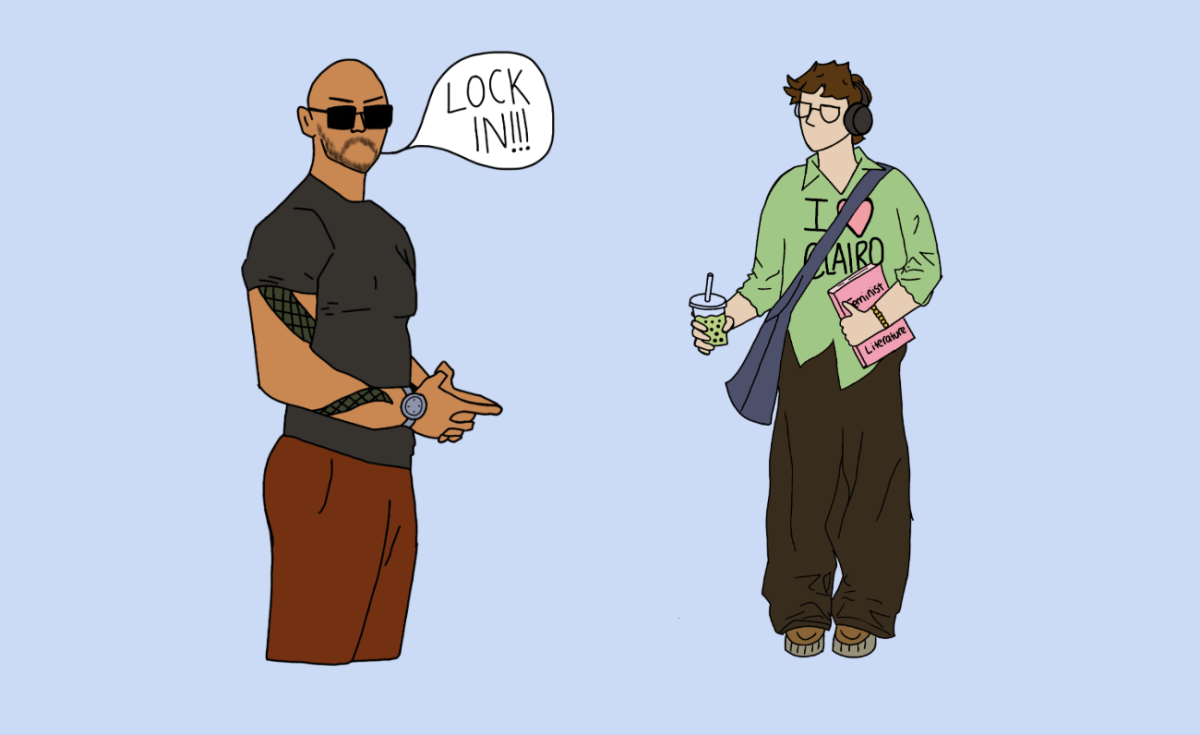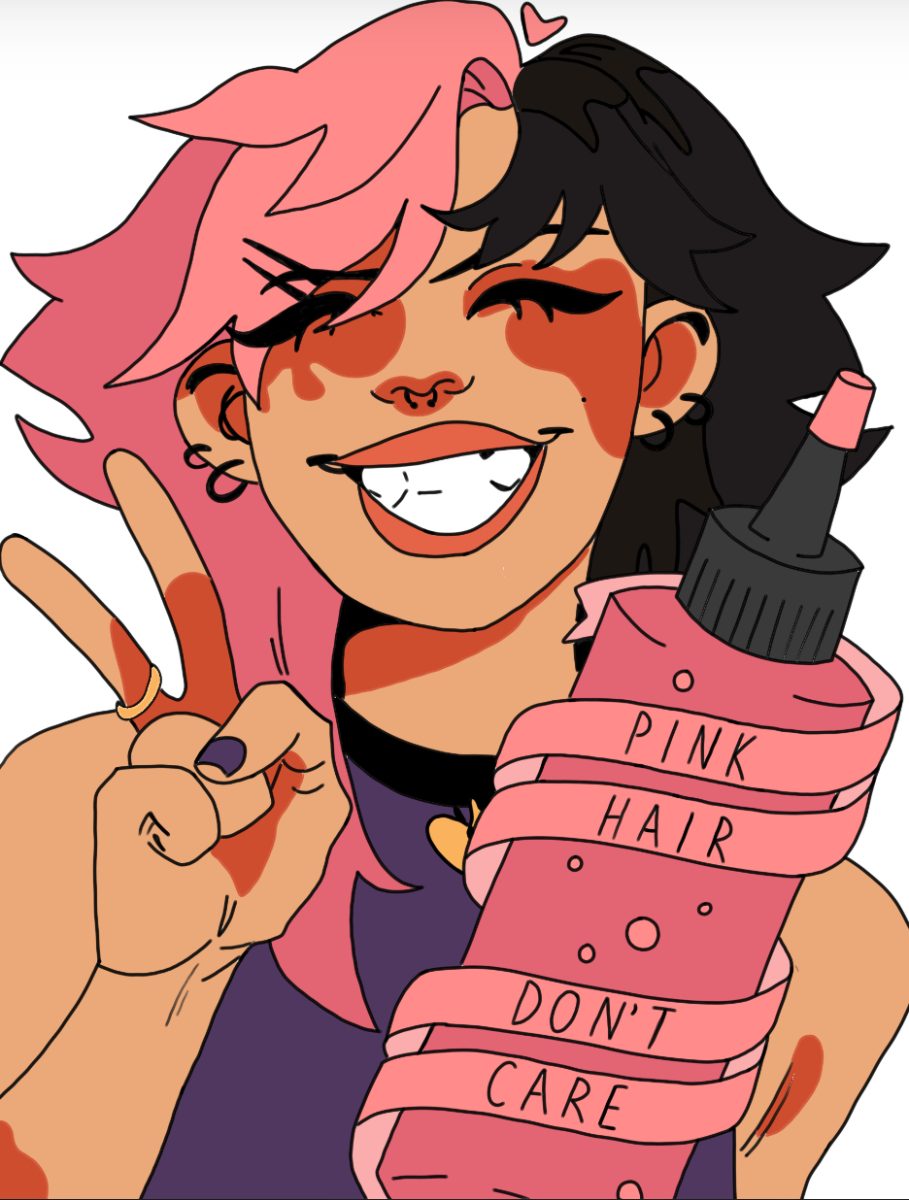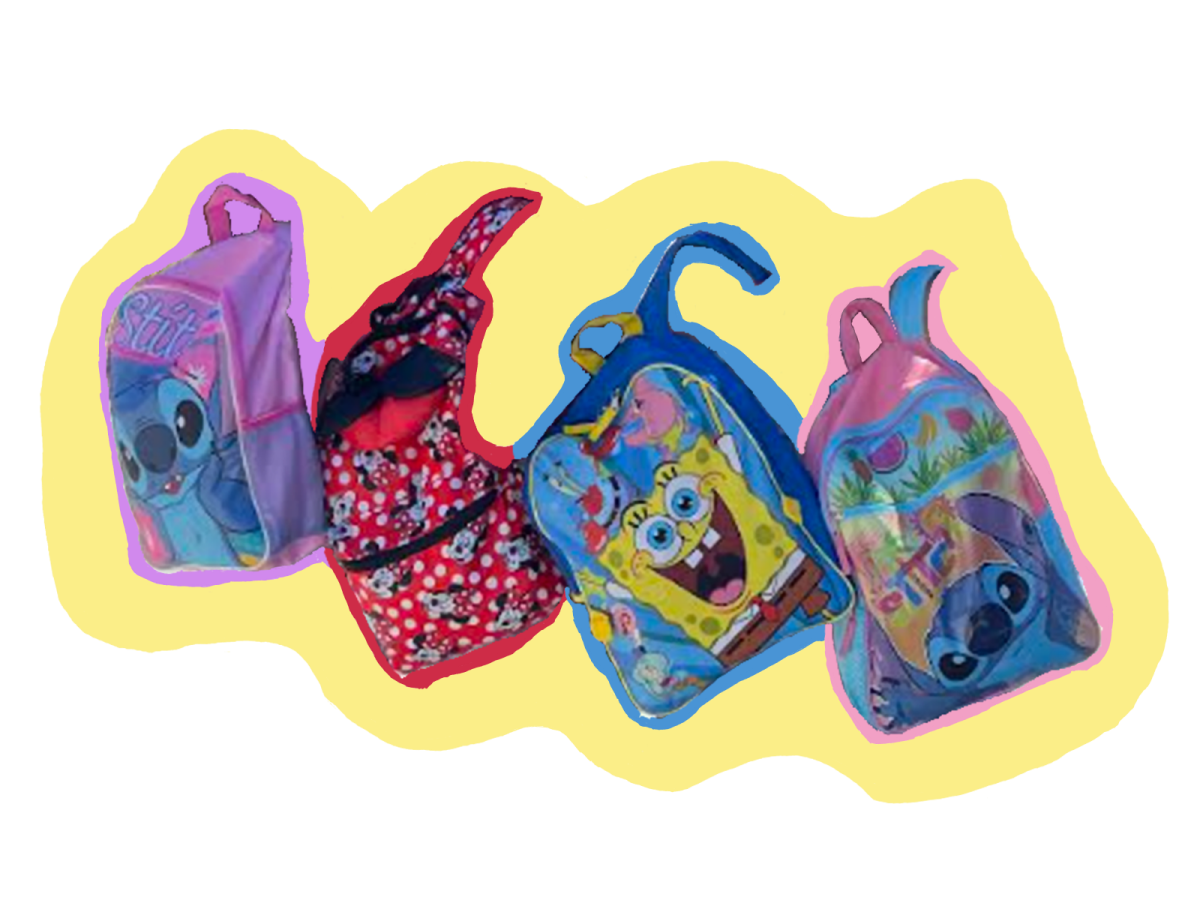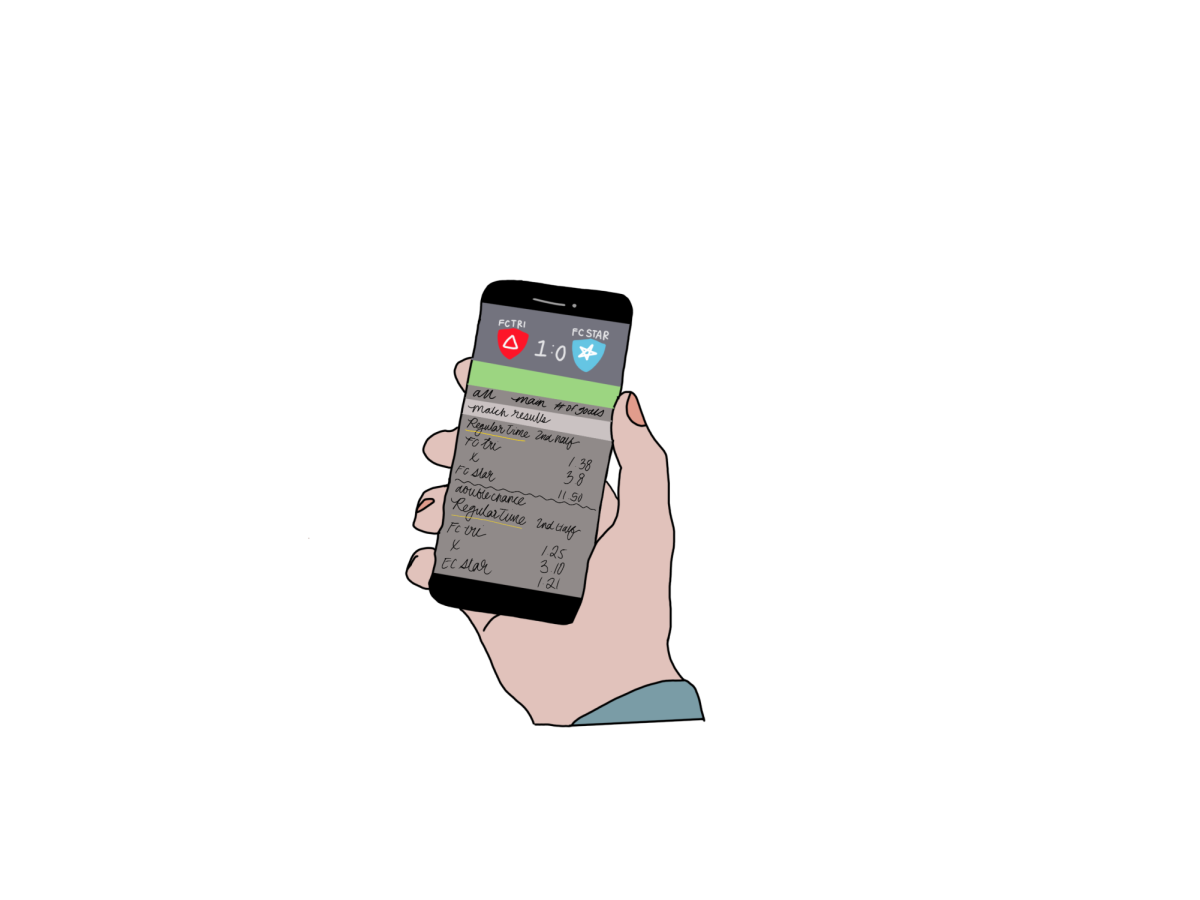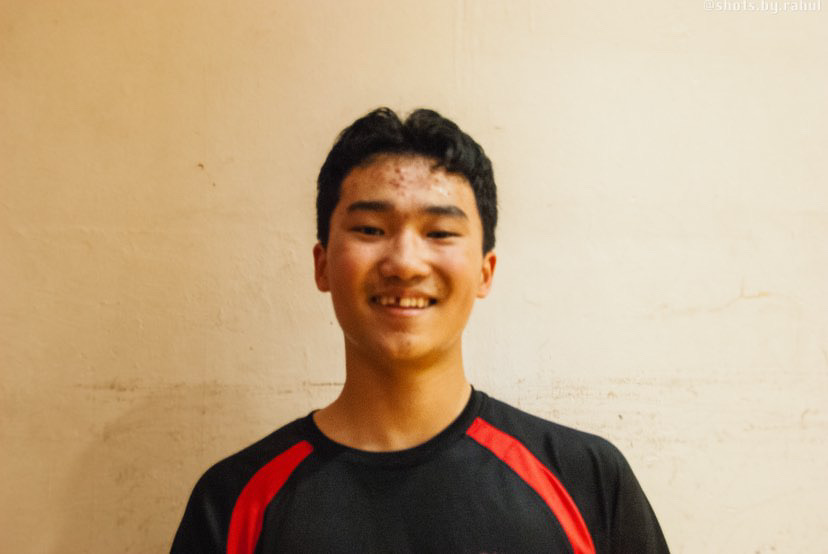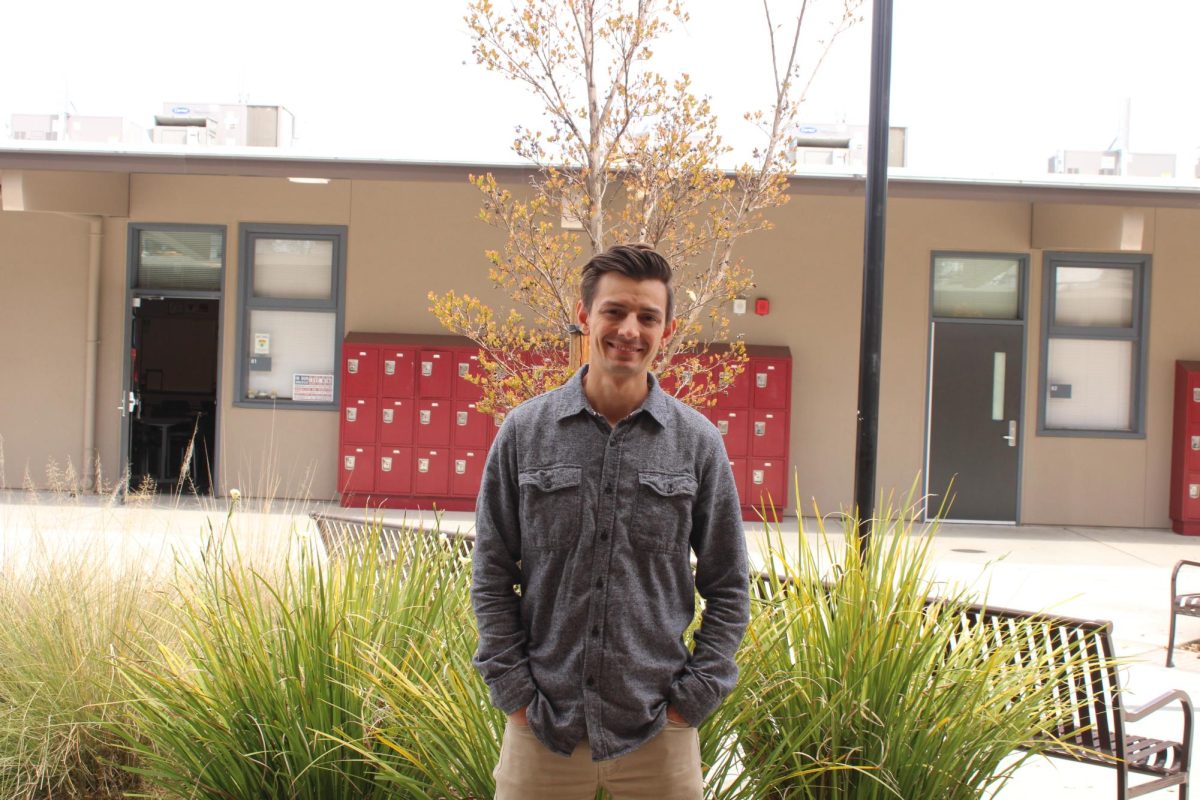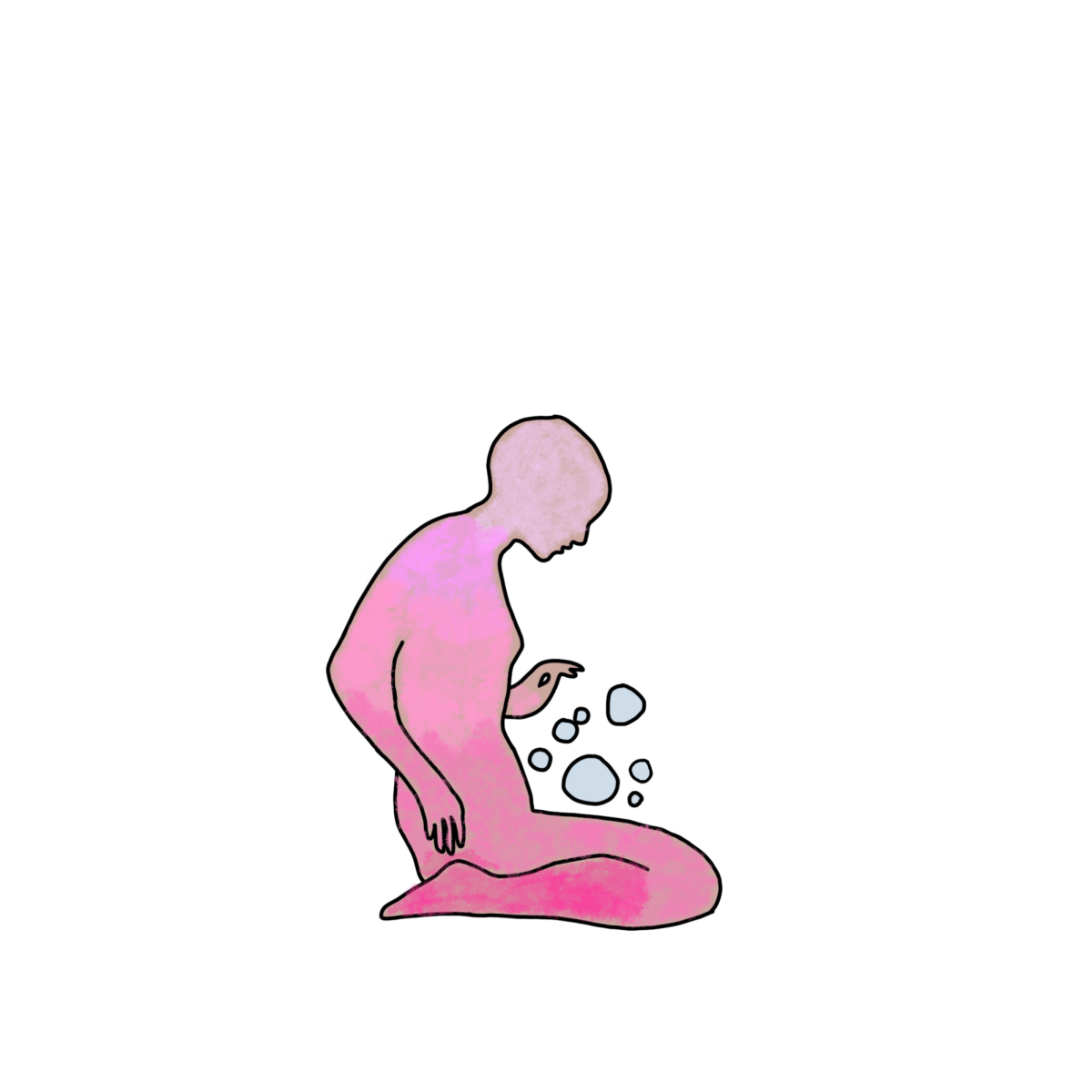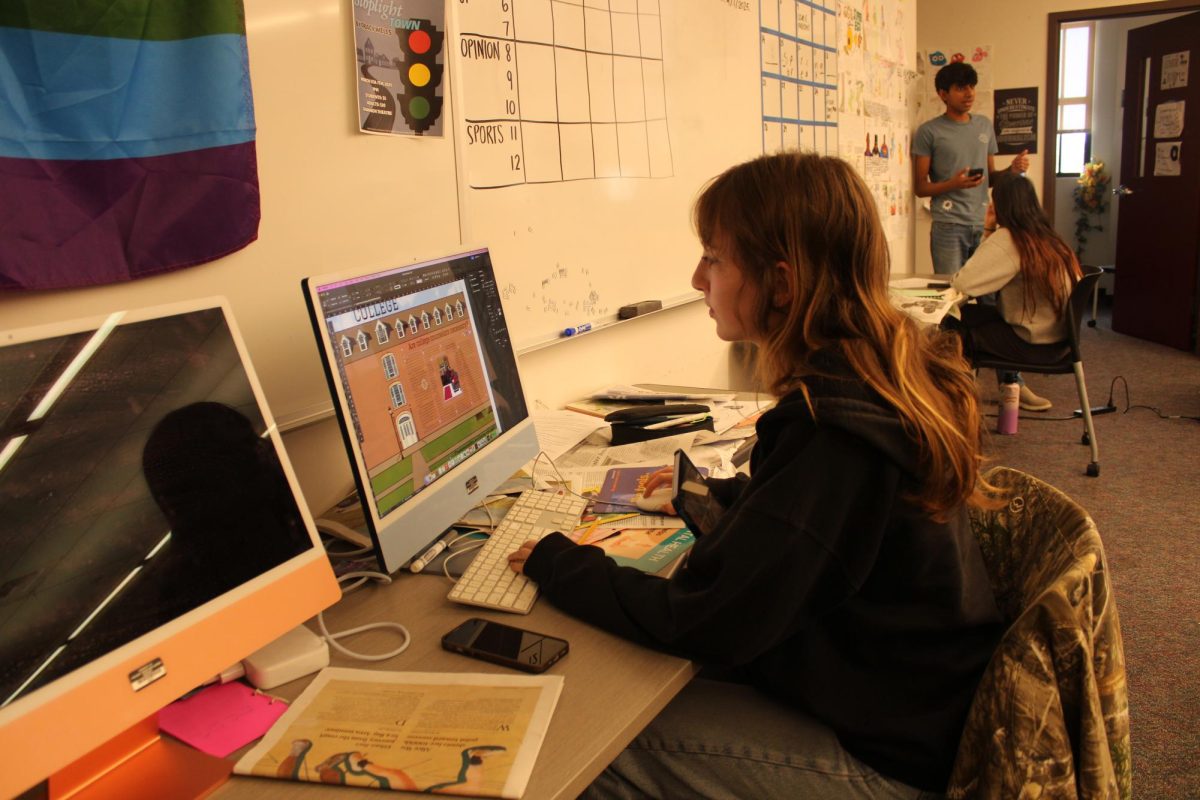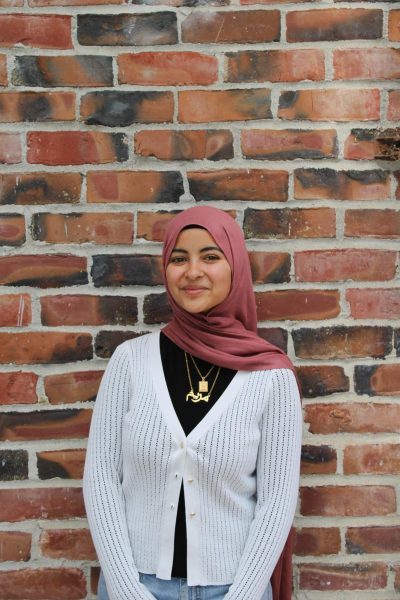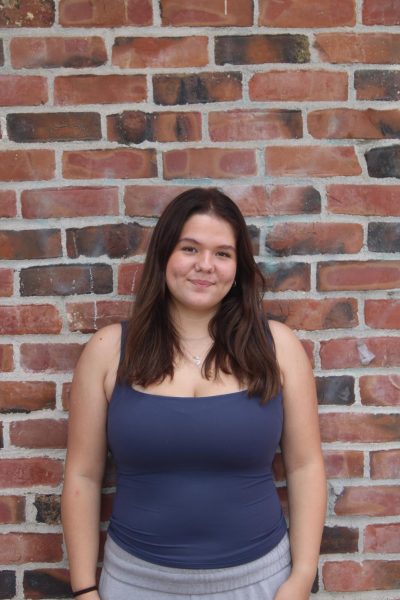What if a kid had a full time job before they ever learned how to walk? To some, this idea may seem ridiculous, but for many child influencers, this is their reality. While there are success stories about children who were involved in family vlogging or “kidifluencing,” many child influencers have spoken out against the practice of children being filmed constantly, stating that it is mostly harmful and draining.
Popular child influencer 17-year-old Piper Rockelle and her friends went viral when Rockelle posted a video of a DIY slime recipe. Since she was eight years old, her rise to fame has been her biggest burden. Constantly making her post on the internet, Rockelle’s mother became very involved in Rockelle’s social presence. It has been known for years that her mother used Rockelle and her friends for fame and money — pressuring the children to wear inappropriate clothing and making them do things they were not comfortable with. This concept of a child influencer can be very harmful, especially when it starts at a young age when children are impressionable and very dependent on their parents.
“It can definitely be harmful [for one’s] mental health, and hate comments can obviously get to you and I feel like it could end in a bad way,” FHS freshman Salma Sanhawy said. “I feel like they’ll miss most of their childhood.”
Children like Rockelle begin to lose the idea of childhood and start acting like older influencers seen on social media. It is not just Rockelle whose childhood has been stripped away from her: influencers such as Txunamy Ortiz and Everleigh LaBrant have become used to the idea that social media should be their first priority.
When children are the main focus of their parents’ social media profiles, they do not get a say in what gets posted. So, it is not uncommon for what should be private moments in their childhood to get posted online. On top of that, some people who were involved in family vlogging channels when they were younger have come forward and said that they have not been able to access any of the money that their parents made off of them. Parents like Ruby Franke from the popular family vlogging channel “Eight Passengers” may even become violent or emotionally abusive with their children. Last year, Frankie’s 12-year-old son, who exhibited visible signs of abuse, escaped from her house and went to a neighbor’s house. When the cops were called, it became evident that Frankie had been abusing her children.
Other issues with family vlogging include normalizing personal moments publicly, instead of discussing them privately as a family. As filming becomes a habit, families may not be aware that they are sharing private information. For example, the LaBrant family has shared unnecessary information about their children, such as where they go to school and other personal details. In fact, they posted a video about having ‘hard conversations’ with their daughter. Many deemed this as controversial since it should have been done privately. This can be very harmful for children especially as they will be raised in an environment full of cameras and filming.
“There’s more negative than positive when it comes to child influencers and family vlogging because it always has to do with child exploitation,” FHS freshman Szeniah Curries said.
In addition to kids being harmed when they are involved in social media content creation, they could potentially harm others. Some may find themselves comparing themselves to influencers. Influencers, no matter their age, can set unrealistic expectations for how one should look, act or dress. Most influencers only show the highlights of their lives, hiding aspects of it to appear perfect to their followers. Cases like the Eight Passengers scandal emphasize how disturbing the behind-the-scenes can be. It might be time to think about the realities of child influencing and put the well-being of children above online entertainment.


